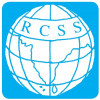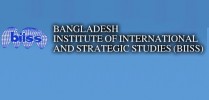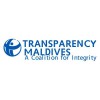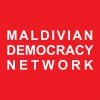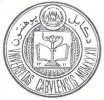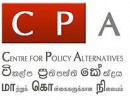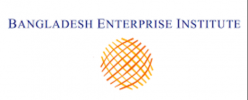South Asia
Our priorities
As of 2018, the South Asian region has gone to greater lengths in incorporating gender and youth aspects into conflict prevention and peace-building initiatives. This has been made possible with the establishment and rising prominence of gender-centered organisations and youth groups. The importance of the youth and their role in shaping societies for the future has indeed been recognized in South Asia, especially in post-conflict scenarios. As such, governments and organisations have taken youth and youth organisations into greater consideration and have been implementing new initiatives to further promote the role of youth in peace-building activities.
Our members continue to work and target youth and women with their work involving them in conflict resolution and peace building processes.
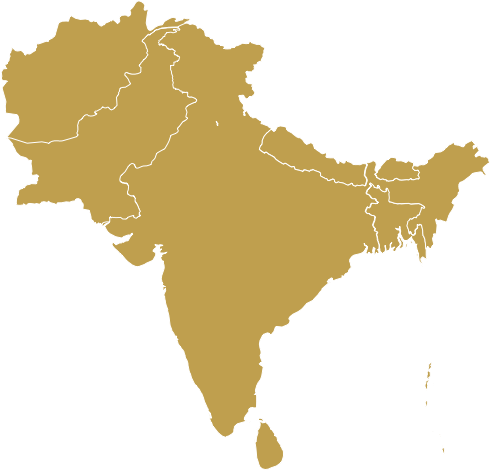
Highlights & results
- GPPAC facilitated the implementation of the National Activity Plans for South Asia, through our Regional Secretariat, RCSS. This involved events and initiatives on conflict prevention and peace building being conducted by each GPPAC Member organisation in their respective countries (India, Nepal, Pakistan, Maldives, Sri Lanka and Afghanistan). One of the events resulted in a publication on the paradox of the economic visibility and political invisibility of the Rohingya people, who are in a protracted state of displacement.
- In June 2018, a conference was held in Colombo, Sri Lanka on "Trends in Youth Radicalization in South Asia." GPPAC South Asia members presented their respective country's experiences with regard to youth radicalization and on how to move forward in addressing the issue. The papers presented at the conference will soon be published as a book on the Trends in Youth Radicalization in South Asia.
"Conflict resolution in the true sense of the term entails a holistic approach that encompasses issues pertaining to autonomy, human rights, gender equality, forced migration and displacement. Being an integral part of GPPAC gives a broader platform for Mahanirban Calcutta Research Group (MCRG) to offer its own support and resources both in terms of research and advocacy and to contribute to further peacebuilding. GPPAC also gives MCRG the opportunity to learn and exchange wider perspectives with other network members."
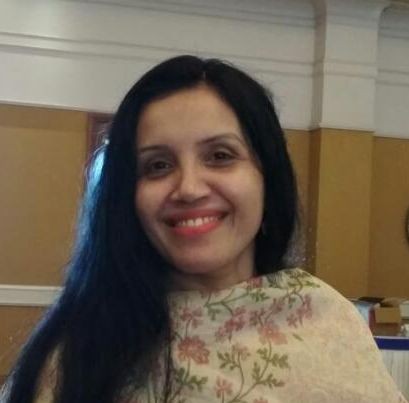
Regional Secretariat
Centre for South Asian Studies,
Kathmandu 5, Nepal
www.csas.org.np
Regional Representative
Dr. Suba Chandran
Regional Coordinator
Dr. Mallika Joseph
